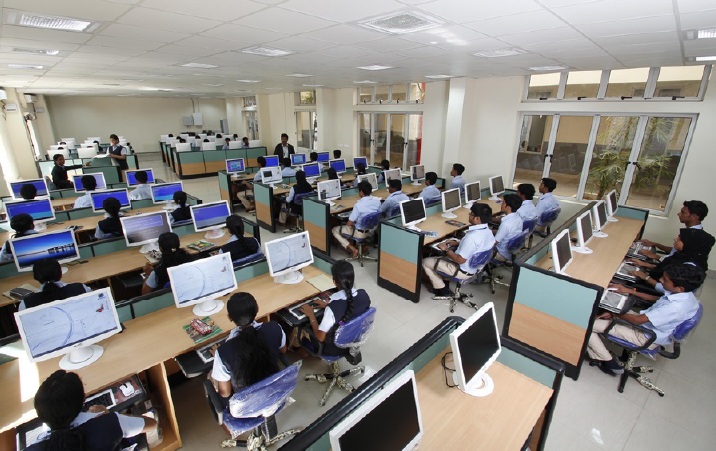Mumbai: Computer and IT-related courses ruled the charts during this year’s engineering admissions in the state as emerging technologies are increasingly influencing every sector, including traditional ones. Even more so, after the pandemic.
Vacancies in computer and allied courses have halved to 10-15% now from 30-35% last year. Most seats in newer courses such as artificial intelligence (AI) and data science introduced this year have got filled too. On the contrary, mechanical engineering continued to see 70% vacancies, even though several colleges offering the programme had discontinued it, leading to a 5,000 drop in the intake capacity. Civil and electrical engineering also reported over 60% vacancies.
Data from the state’s CET cell showed the vacancies in computer engineering dropped to 15% from 33%, despite an increase in seats. This year, the All-India Council of Technical Education (AICTE) introduced a few courses in AI and data science, AI and machine learning, and other new-age courses. Though fewer colleges offered the new programmes, 85% of their seats were filled, indicating the demand in the field.
Hari Vasudevan, principal of D J Sanghvi College of Engineering, said nowadays emerging technologies aided by computer engineering are playing a bigger role even in the traditional sectors. “It was always there, and the Covid-19 pandemic has only accentuated it. More job opportunities and higher packages are being offered in these sectors. Therefore, students and parents are convinced that future opportunities will also be available mainly in these areas,” he said. He added some foreign universities, which offer a master’s programme in mechanical engineering, have introduced data analytics as a subject in their curriculum. G T Thampi, principal of Thadomal Shahani Engineering College, said the IT and software industry remained unaffected during the pandemic, when most other sectors suffered. “In fact, with the work-from-home arrangement, the industry has benefited in many ways. There is an unprecedented demand for computer and IT graduates and they are at the top of the pecking order. Building intelligence for all existing software systems is the new obsession of enterprises for building competitiveness in the market place,” said Thampi. About the newer courses, he said very few colleges have offered them in the first year and the number may eventually rise in the coming years.
Several colleges have shut courses in mechanical, civil and electrical engineering due to poor demand. Despite the closure, vacancies in these courses continued to exceed 60% even this year. Suresh Ukarande, associate dean of science and technology, Mumbai University, said there was a huge demand for mechanical engineers a few years ago and colleges increased their intake capacity. This spike in seats, therefore, led to more vacancies when the demand dropped. S S Mantha, former AICTE chairman, said this would not be the best year to assess demand in courses as overall many seats are vacant across colleges. “Some universities and institutes have managed to integrate emerging technologies in the curriculum of the core subjects, and those courses are doing well. Core engineering programmes will never lose steam if given a proper treatment within institutions.”
Courtesy-TOI
